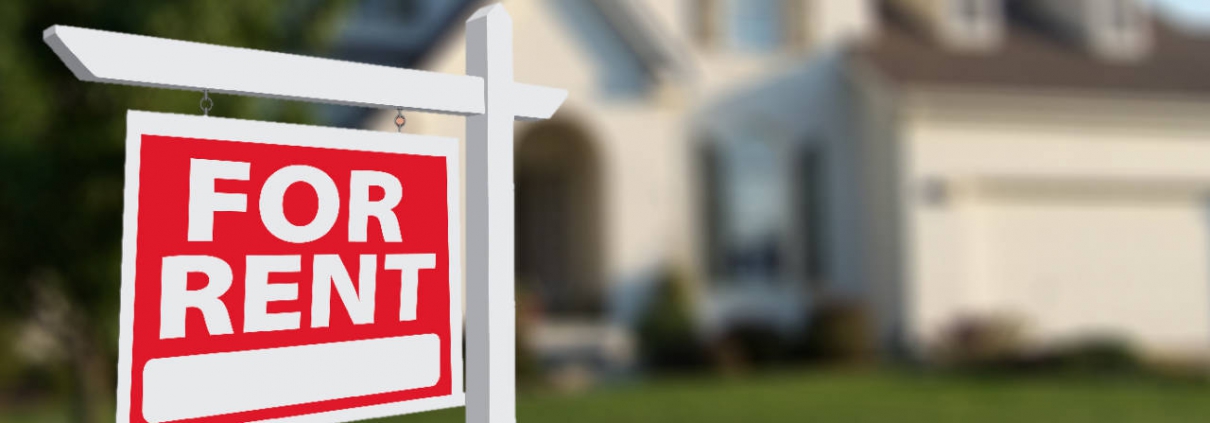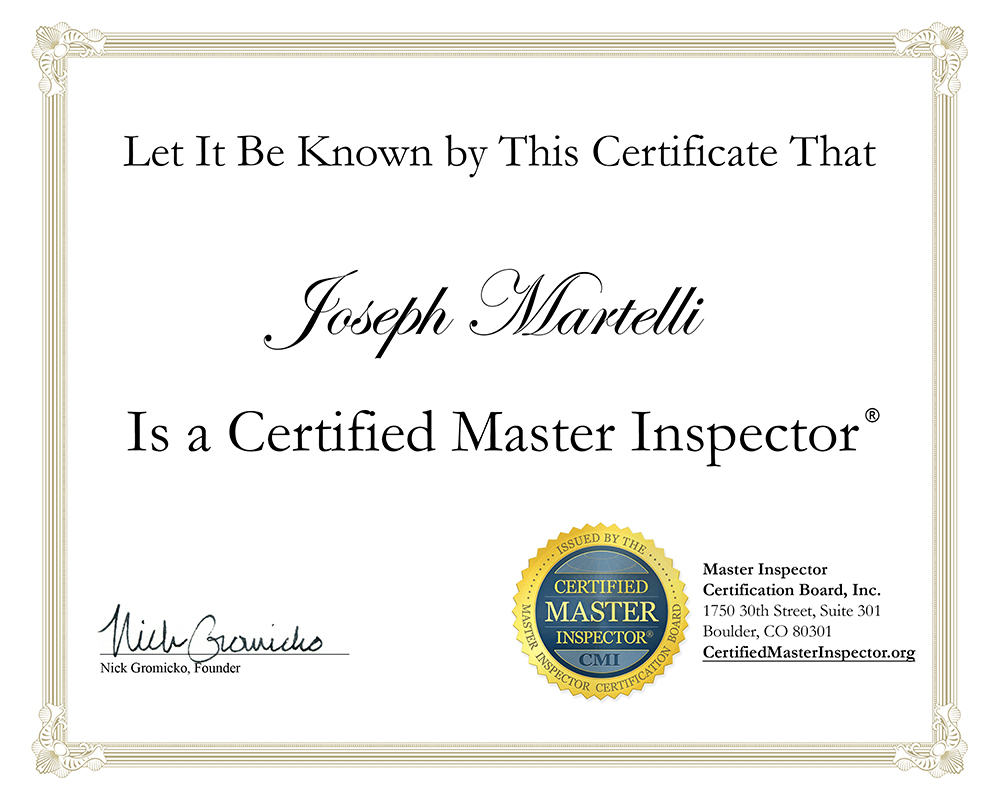RENTAL INSPECTIONS
What is a Rental Property Inspection?
A rental property inspection is a review of a properties condition and life safety requirements. It entails a periodic review of the property, inside and out, to assess the general condition of the property but more importantly to ensure compliance with local building codes and ordinances. The main objective is to maintain compliance with basic life safety and welfare requirements. A rental property inspection is often conducted while the tenant, or owner’s representative is present so they are informed of any issues or concerns that may arise.
A rental property inspection prior to occupancy is to review the condition of the property that sets the expectation of the condition in which it should be maintained. It’s also an opportunity to abate any deficient items before the tenant moves in, which sets the stage for a positive professional relationship with the owner and occupant. Rental property inspections should also be conducted on an annual basis to ensure basic requirements are observed and maintained.
Why is it Important to Perform One?
Performing a rental property inspection helps you to maintain the condition of your property. Having a clear view of the property’s condition before a tenant moves in and when they move out is important to managing a property. It offers consistent enforcement of local codes and ordinances. This ensures that properties are not only safe for occupancy, but are also held to a standard of maintenance and upkeep that maintains a sense of community pride.
When Should You Perform One?
There are three basic types of inspections that are a suggested program for successful property maintenance:
- Occupancy Inspection – This inspection helps you determine the condition of the property and asses any code violations prior to a tenant taking occupancy.
- Routine Inspection – This inspection should be conducted on an annual basis to ensure that the property is still in compliance with all code requirements. It also allows you to stay on top of maintenance issues, and gives tenants a chance to abate any code concerns.
- Drive-by inspection – This inspection doesn’t require advanced notification, since you’re not entering the property. You’re simply observing if there are any issues on the outside of the property that would indicate a routine inspection is in order.


Property Advisors & Consultants




